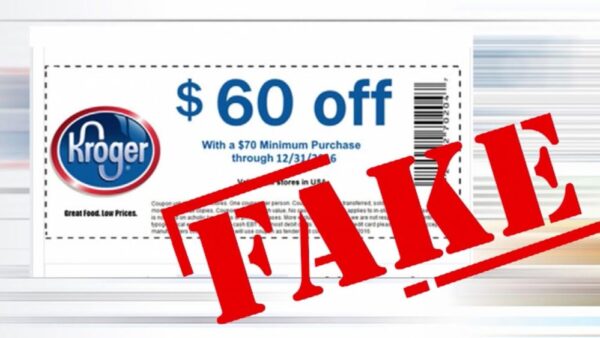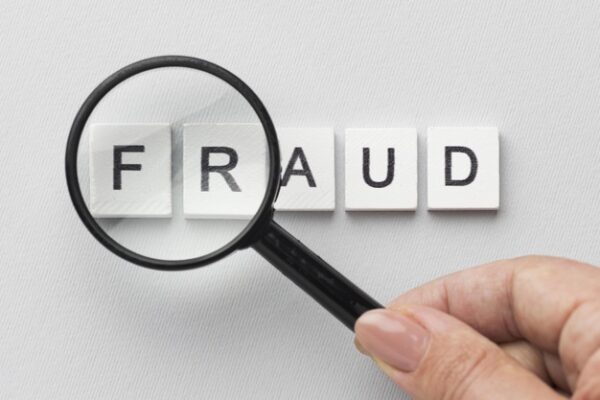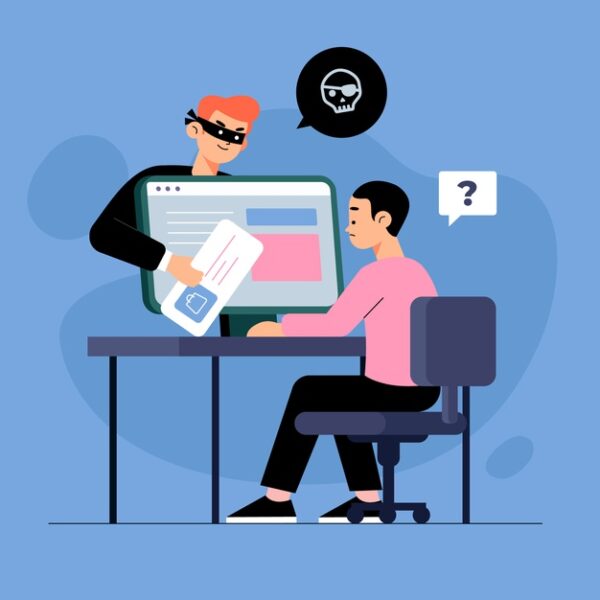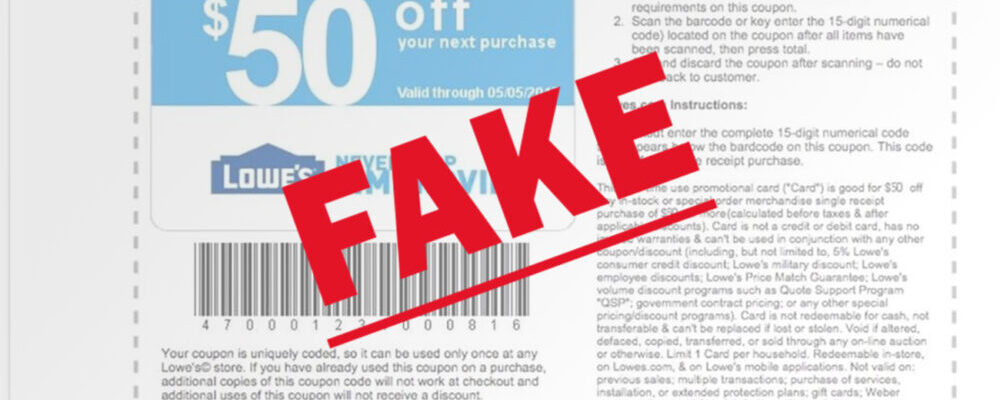Whether the use of coupons has become a trend in your ambiance, or its use is unfamiliar to you, you will admit that it represents real hype around the world. Using these “benefits” changes your buying habits and money use in general. Even current television shows have an impact on its growing popularity to raise awareness about money-saving.
The interest in this way of trade dates back to the end of the 19th century. First, people received coupons as part of their monthly salaries, which they could exchange for food, which was of great importance in overcoming depression. Later then, however, the use of coupons was exclusively related to the world’s giant corporations. You would agree that this is not the case nowadays, because today we can use these coupons in many different ways, and not exclusively related to the big companies, such as grocery stores, clothing boutiques, technology shopping, bookstores, etc. Their use has expanded so much that now we can collect them even from the back pages of tabloids.
So what exactly are coupons?

In a word, they are a piece of paper that allows you to get the specific product discount on the asking price, or to get the asked product for free.
By using these coupons, you have the opportunity to reduce costs when buying certain products, but they also have certain rules and regulations. It’s very important that you, as a user, understand their guidelines and use them within the legal framework. Using them differently could be considered fraud, and thus you could face criminal charges. Visit this site to see who has criminal charges of fraud. However, the growing interest in couponing has created new opportunities for fraud. Such behavior would not benefit sellers or brands as well as the buyers themselves.
Therefore, it is very important to educate yourself and find out everything that could affect fraud with coupons, and what could not. Here’s what you need to know about this procedure!
How can you spot fake coupons?

Each coupon must contain certain standards/regulations that must be followed. All those who do not obey these rules are considered to be committing fraud or committing a criminal offense. There are many security features built into them to prevent fraud. “Non-transferability” is an unavoidable rule of the coupon, which means that it is no longer valid if it is transferred from one person to another. Some of the rules that every paper must have because otherwise they would be considered worthless and void are:
– They must contain a unique bar code
– They must not be worth more than the actual price of the item you’re interested in
-They must have instructions for use written on the visible side of them in lower case
Otherwise, coupons are not valid, and using them could bring you, as a user, legal fees or criminal charges.
If you notice fraud, what should you do?

If you find any of the coupons questionable or doubt their correctness, we advise you to inform the police or other competent legal authority. What you should not do by any means is confront everyone individually who may be involved in distributing the fake ones. Let the authorities deal with it. Your action should be to provide them with useful information to prevent and regulate fraud.
Tips for avoiding scams

- Carefully follow the words written on the coupon
The information itself is very important. They tell us which products are available to us by owning precisely that coupon. Using it for purposes other than those listed on the front of it is incorrect and may trigger a crime offense.
- Get coupons from verified sources
There are a lot of websites online regarding promo codes and coupons. You need to closely inspet each of these before you buy any. That way, you will be safe. Flipping through the weekly newspaper, researching the store’s website, trade website, and special websites with coupons like CouponXoo.com are the real sources of correct and regular coupons.
- Coupons you get via email
it is very likely that the coupons which were sent via e-mail, offering you free products, are a complete lie. These fall into the well-known “too good to be true” category. These often lead to an internet scam or other kinds of attacks on your online information. Be extra careful when using internet coupons. Double-check them before you use them.
- Don’t deal with reselling products purchased with coupons
If you have decided to try to save money by using a coupon, pay attention to any information indicated on it. If you carefully follow the instructions, you will notice that on each one it’s clearly written: “they cannot be used on items for resale”. If you violate this rule, there is a possibility of violating local and tax laws, which can be punishable. Our advice is: if you have the opportunity to get a free product and you don’t need it, gift it to someone and brighten up your loved one’s day!
- Do not use expired coupons
There is a possibility of using such coupons, but only if you have a check attached, approved by the store, and which you received before its expiration. Otherwise, the use of this will be considered fraud.
- Last but not least- use common sense!
When you see the coupon if your first impression is “WOW” and it seems a bit impossible that it is true, you are probably right! If you have any doubts about the validity of a coupon, we advise you not to use it until you have checked its validity with a supervisory organization that watches over this type of fraud.
You need to be aware that many people who have committed once this type of fraud have a great chance of doing it all over again. Many reasons make people do such things, whether it’s money-saving or the fact that they haven’t been caught cheating so far. Either way, we need to know that fraud is a crime for which they must be held accountable.
According to the Coupon Information Corporation, the most severe penalty for this type of fraud is up to 17 years in prison and a fine of 6 figures!
So, be careful and keep your eyes wide open!




